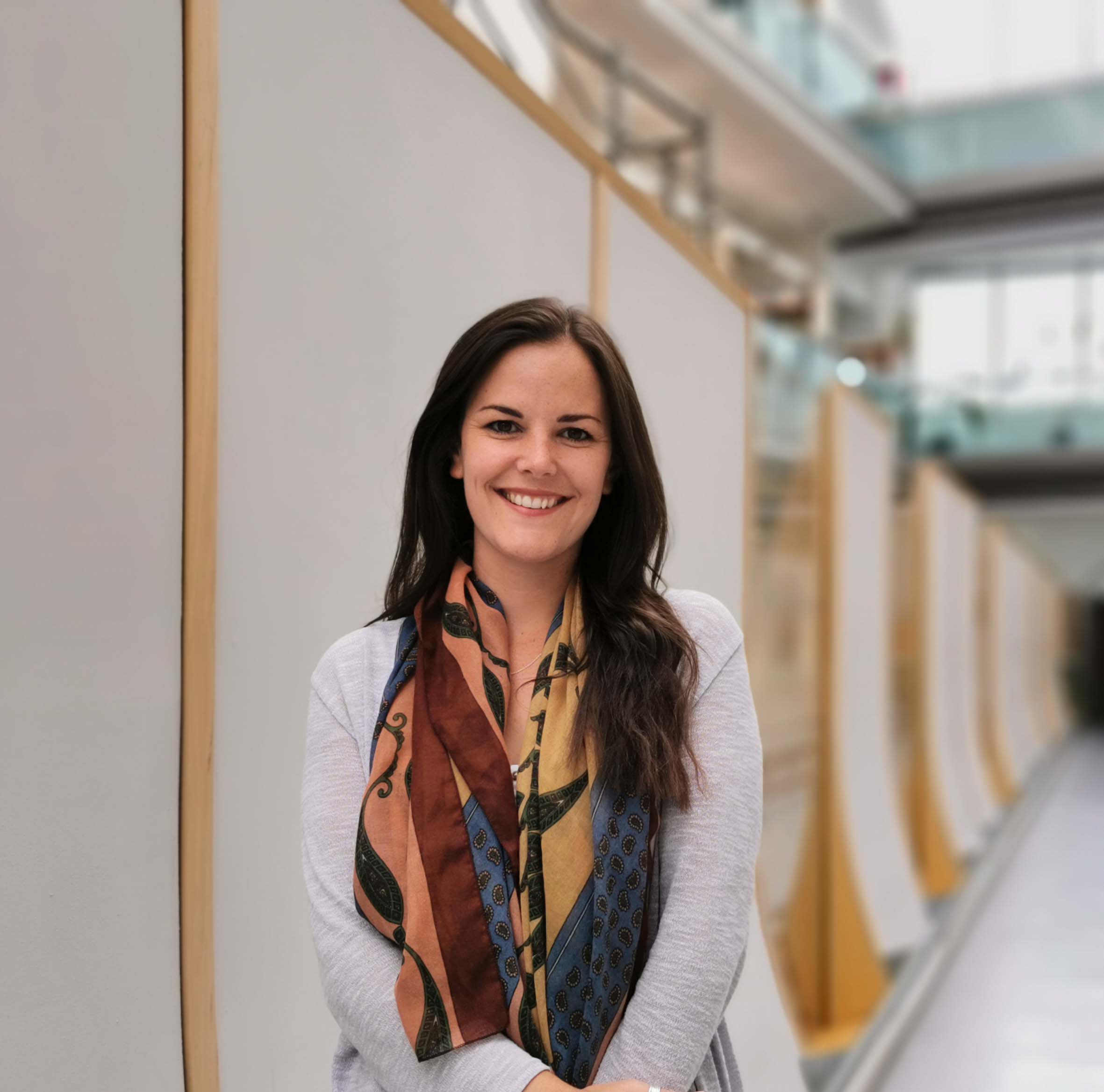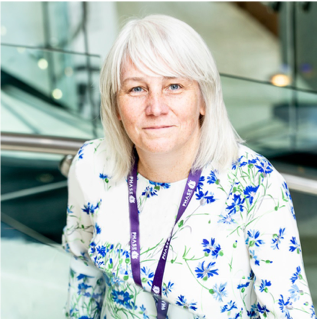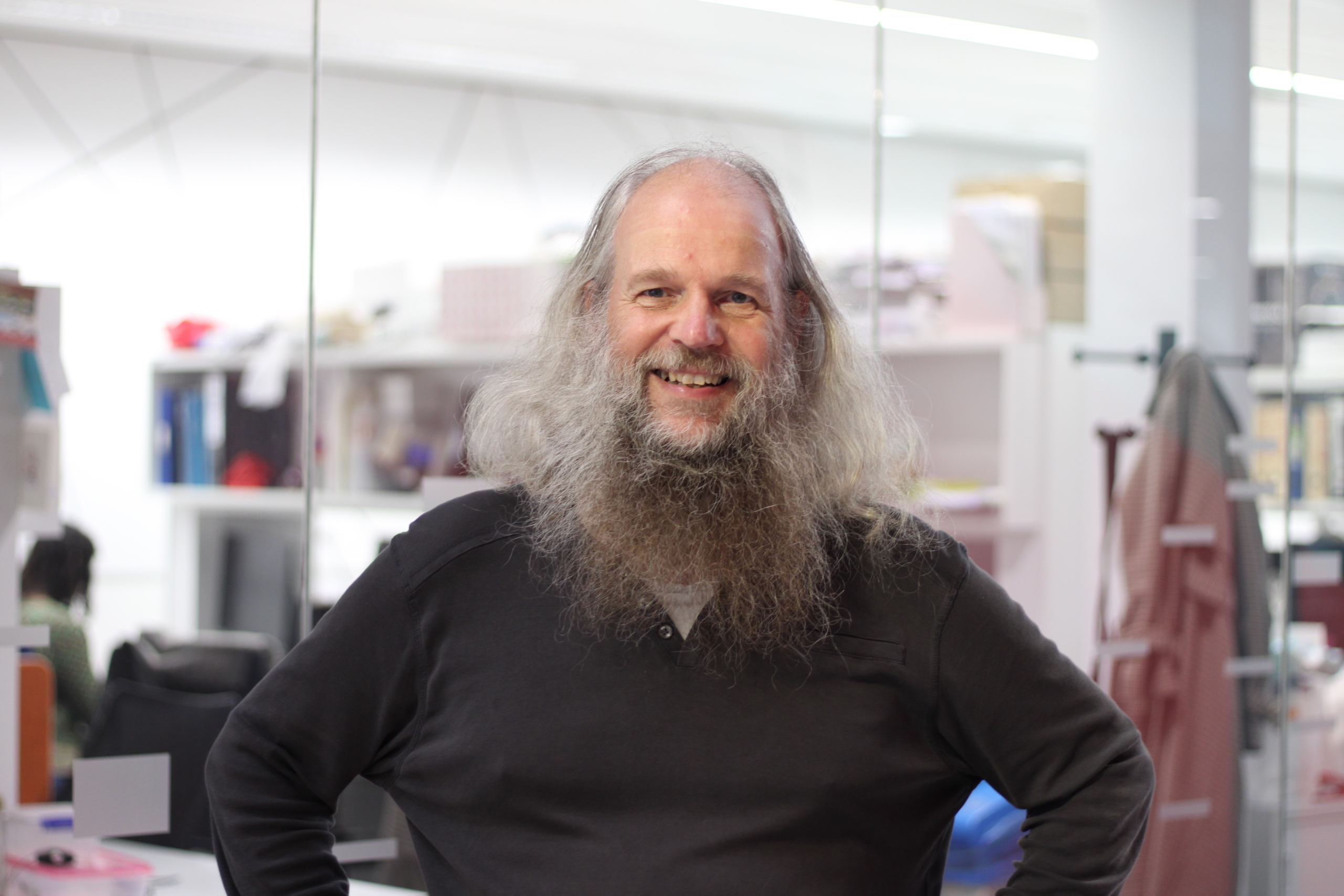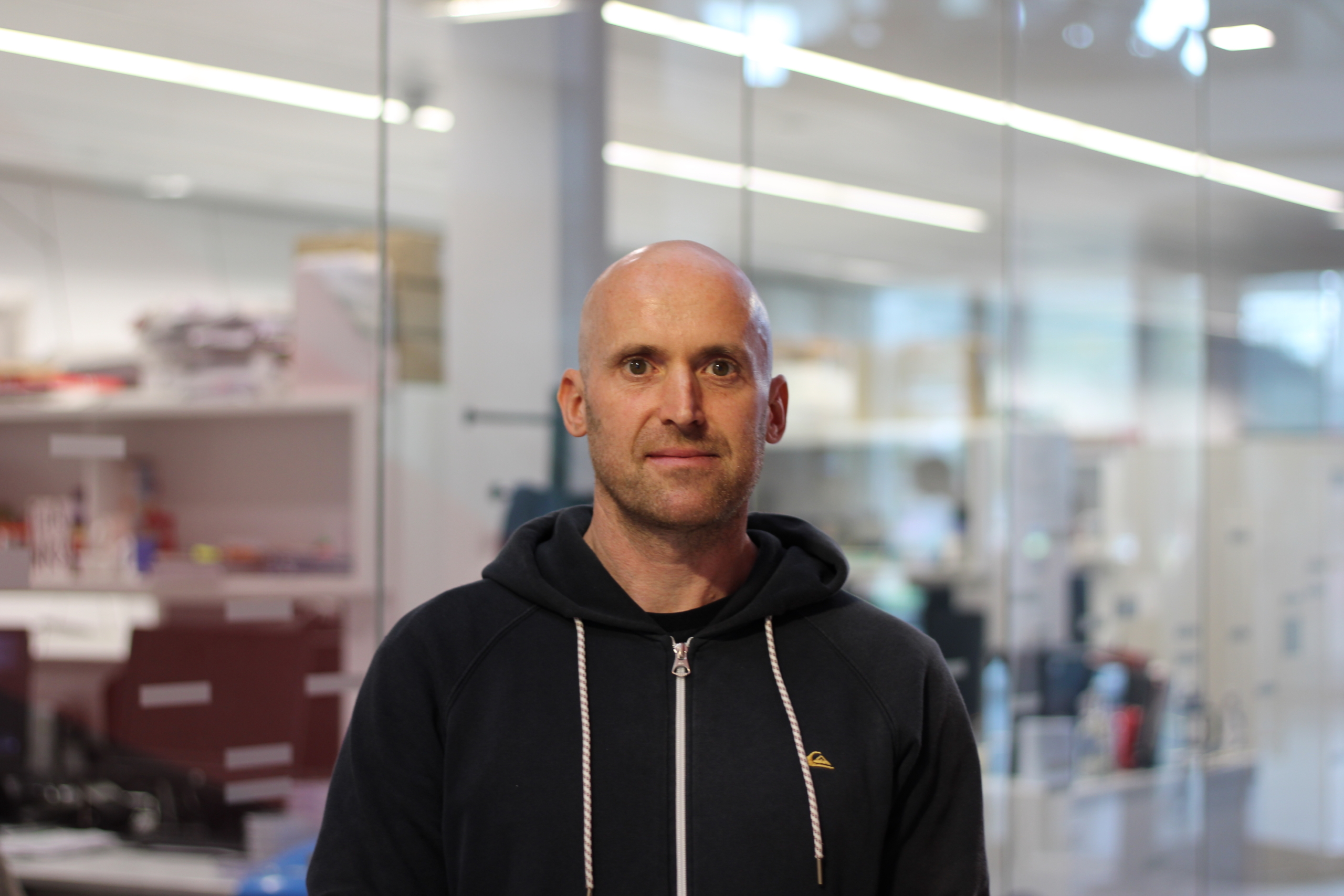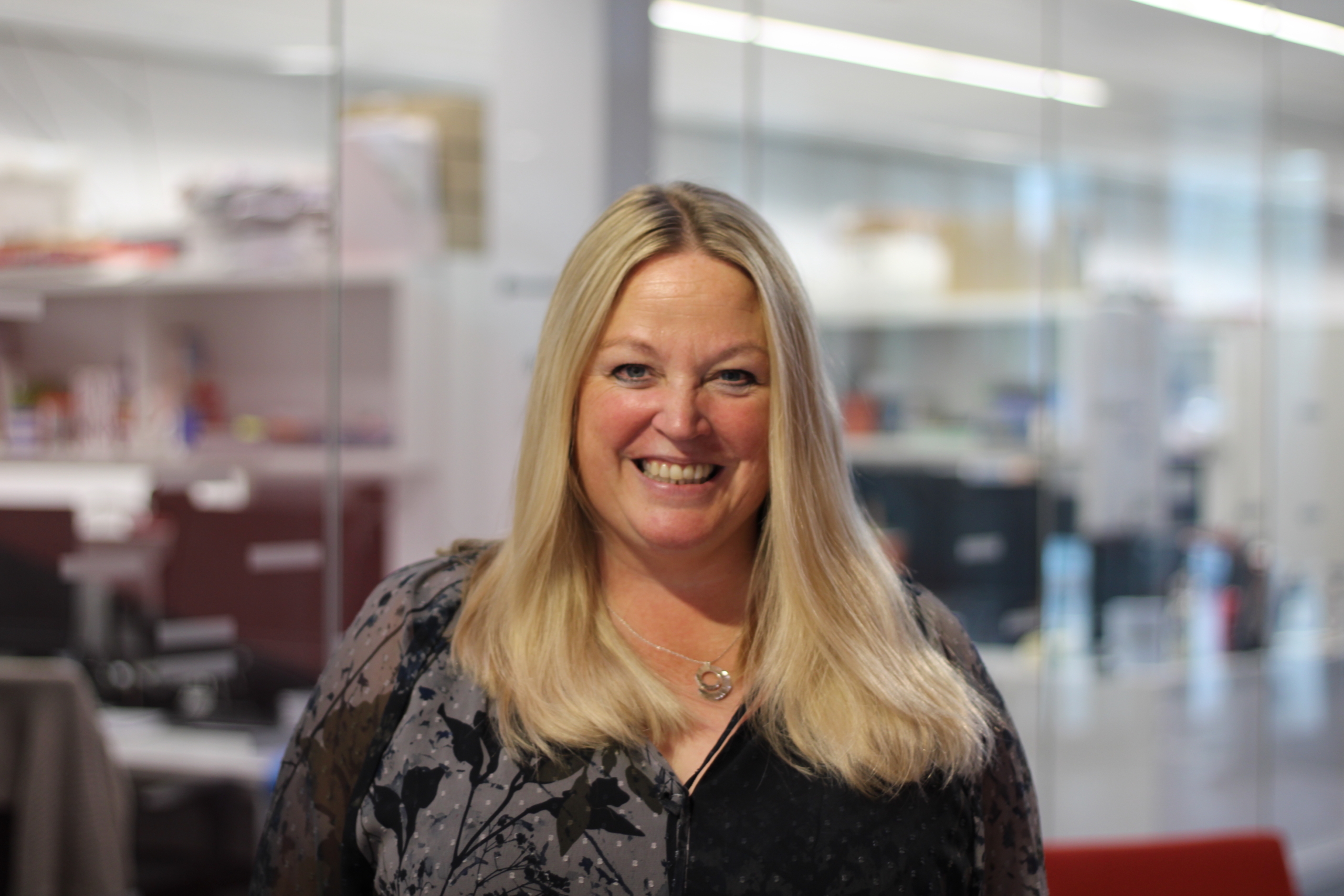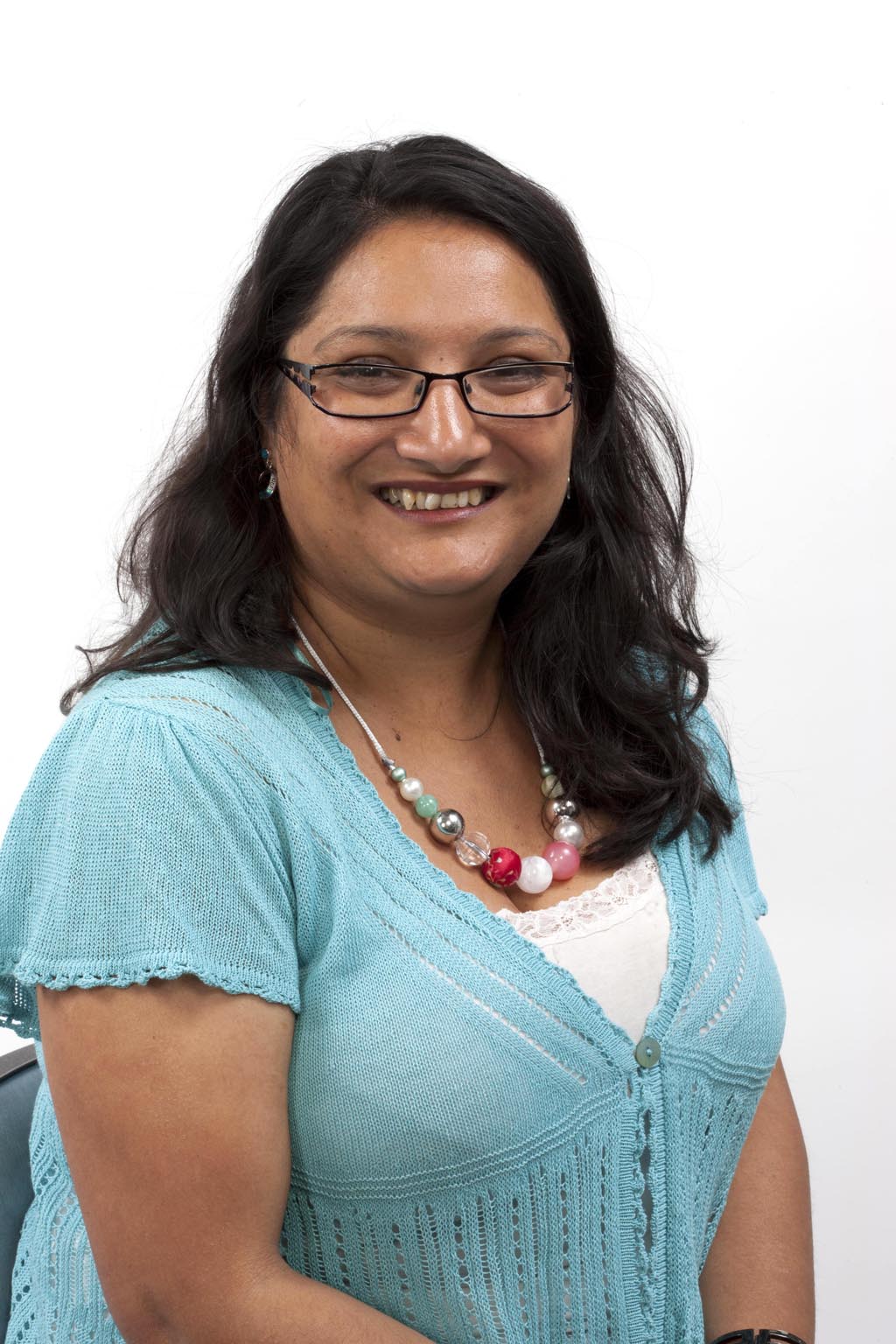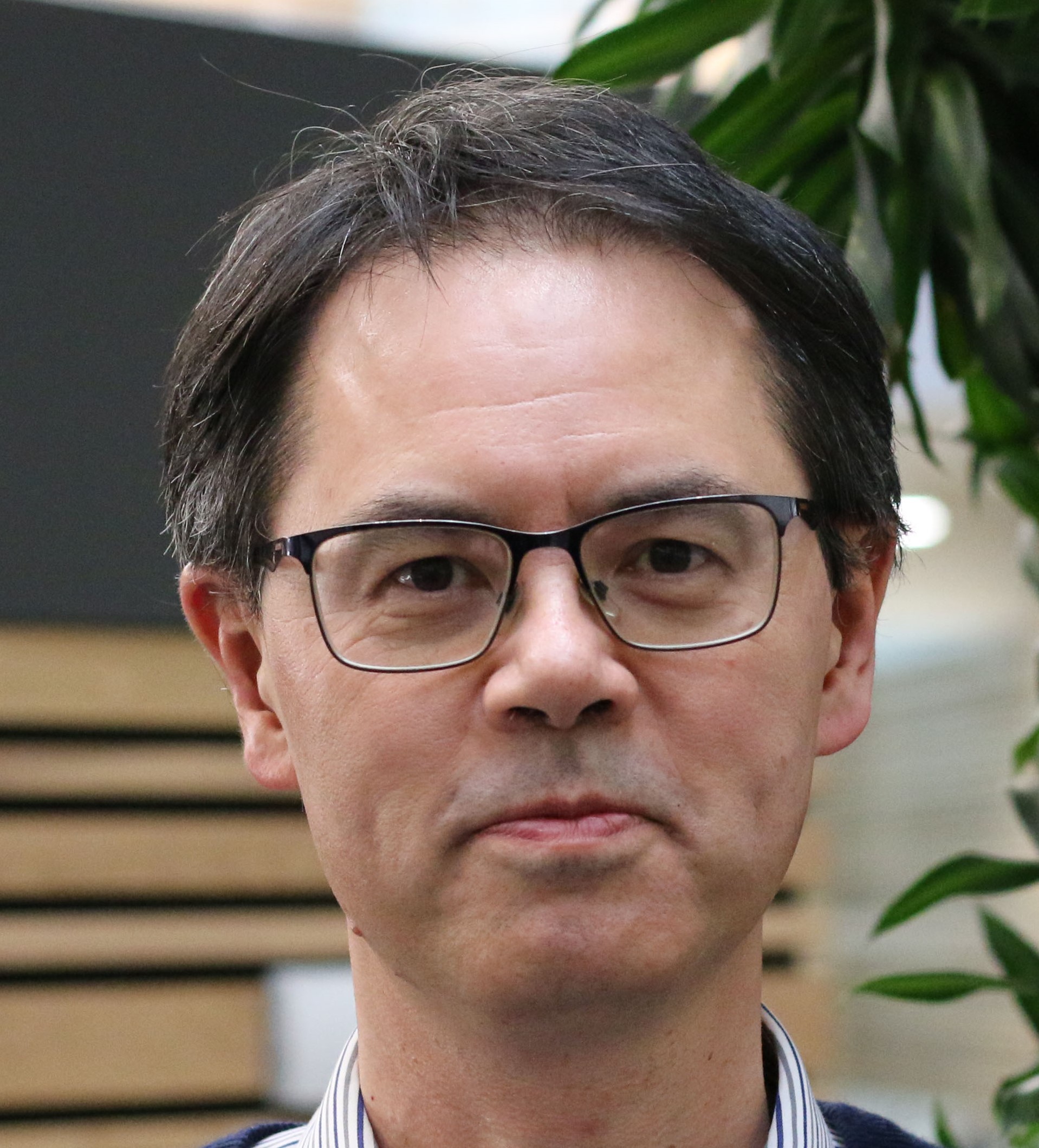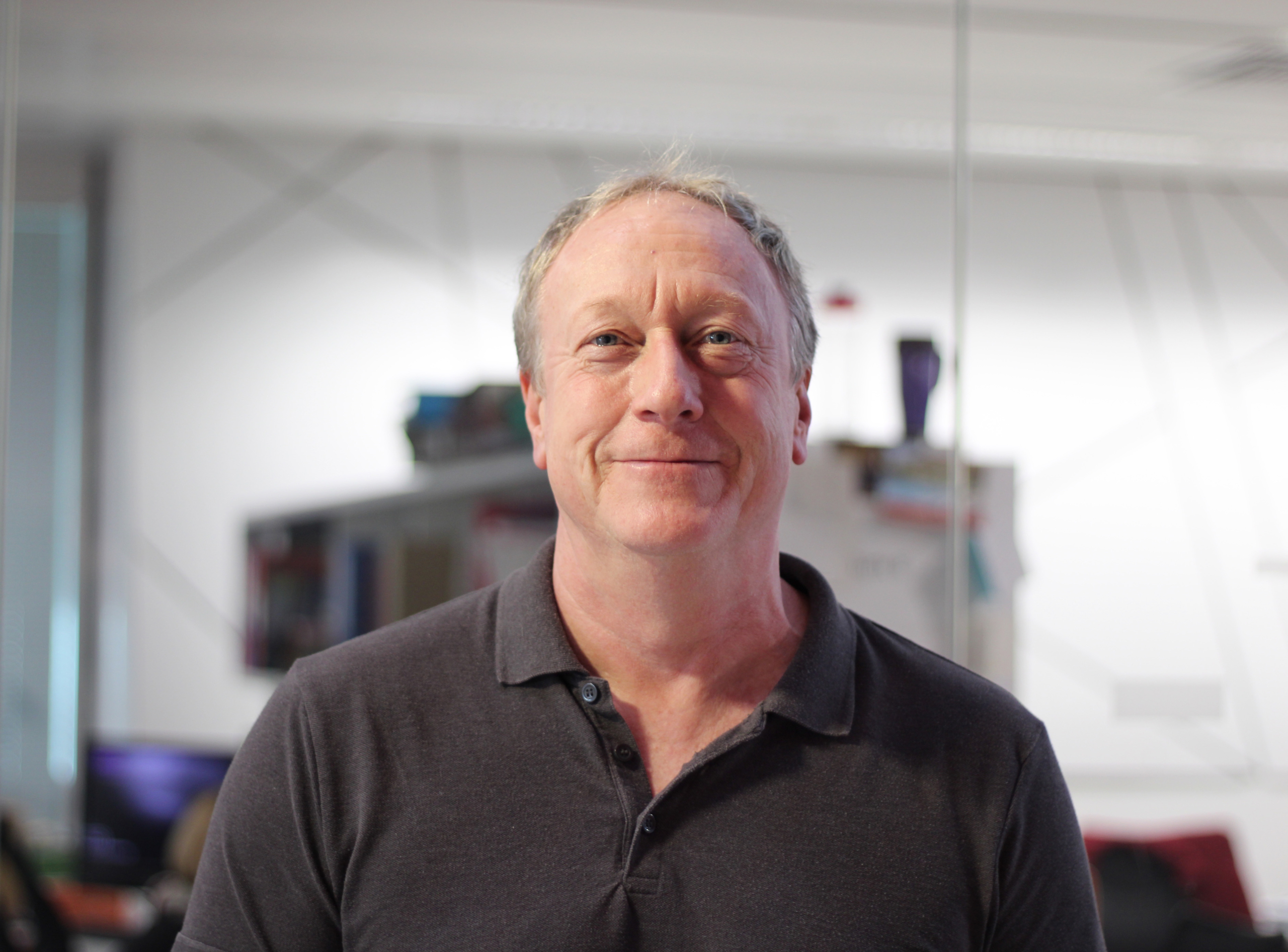Research within RadNet Manchester will help to pioneer new discoveries in radiotherapy across the full spectrum of cancer research to explore new ways to improve outcomes for patients. Together, we will develop new insights into mechanistic science and lead on translational research into predictive and imaging biomarkers that will underpin innovative clinical trials. Our specific areas of research are split over three distinct work packages
Radiotherapy and immune cell interactions (WP1)
Led by Professor Tim Illidge with Professor Mark Travis, Dr. Doug Dyer. Basic research is underway to identify and understand how radiotherapy alters local tumour and systemic immunity and the mechanisms involved in radiotherapy induced toxicity. A new multidisciplinary research group has been established with the Lydia Becker Institute of Immunology and Inflammation to develop radiotherapy induced inflammatory normal tissue models in both the bowel and lung to explore the mechanisms of these immune changes. A joint PhD project between radiotherapy and immunology focuses on determining the role of chemokines in radiotherapy induced bowel inflammation. Alongside this, translational research is analysing dynamic patient biopsy and blood samples in the TIMM-RAD study to look for biomarkers of immune response to radiotherapy in a range of tumour types.
Meet the research Team
Treating complex comorbid cancer patients (WP2)
Led by Professors Kaye Williams and Marcel Van Herk with Professor Corinne Faivre-Finn and Dr Gareth Price. Researchers are using data generated from animal models of comorbidity and polypharmacy to clarify the mechanisms and identify strategies for individualising radiotherapy in real-world patients. Various studies are underway to assess radiation-induced neurotoxicity e.g. applying novel MRI-methods to evaluate subtle changes in blood-brain-barrier function and assessing cognitive decline in the pre-clinical setting with/without pharmacological intervention. In parallel, clinical comorbidity and polypharmacy real-world primary care data is being integrated with our radiotherapy big data to allow us to build comprehensive and robust risk models to personalise radiotherapy e.g. delivery of individualised treatment for lung cancer patients with pre-existing cardiac disease and cardiopulmonary conditions. This work underpins new pre-clinical studies (back-translation) in collaboration with colleagues in cardiovascular sciences to gain mechanistic insight of how comorbidity modifies risk and identify interventional strategies for future clinical development.
The tumour microenvironment and genetic instability (WP3)
Led by Professor Robert Bristow with Professors Ananya Choudhury and David Wedge. This work package will explore the interplay between hypoxia, radiosensitivity and genetic instability through both clinical and informatics approaches. New biomarker trials e.g. HYPROGEN investigating hypoxia, genomics and multi parametric MRI, and MR-BIO with sequential MR-imaging data and paired tissue collection are examples of studies with a multi-omics approach to biomarker discovery and validation. The aligned OE-MRI programme will explore the role of functional imaging in demonstrating response to hypoxia-modifying therapy in cervix cancer patients. The programme makes use of our MR-Linac facility allowing OE-MR imaging during treatment to explore associations between radiomic parameters and tissue biomarkers. Related bioinformatics work feeds in with pioneering computational methods to study cancer genomics and heterogeneity to improve patient outcomes through individualised treatments.
Navigation
About CRUK RadNet Manchester
CRUK RadNet Manchester is a £16.5m Radiation Research Unit in collaboration with The Christie
Cross-Cutting Research Hubs
Discover the four cross-cutting research hubs that support RadNet Manchester.
Meet the RadNet Team
Meet the team of RadNet Manchester academics, programme managers, students and professional services staff.
Governance
Discover how CRUK RadNet Manchester is governed, and how we interact with other centres across Manchester.
RadNet Facilities and Infrastructure
CRUK RadNet Manchester benefits from the existing infrastructure and facilities within Manchester across the various strategic partners of the CRUK Manchester Centre.
AHP Doctoral Academy
Providing training and development for Allied Health Professionals (AHPs) including radiographers.


